Scientists are considering the possible use of psilocybin mushrooms as a worthy traveling companion for astronauts. While shrooms have a long history of serving as an important part of religious rituals, they are about to become one of the best additions to an astronaut’s spaceflight kit.
Long travels during space explorations can predispose astronauts to psychological and physiological stress. These stress factors come from exposing the body to zero gravity, sterile environments, altered mental states due to isolation, changes in nutrition, and increased levels of inflammation.
The interaction between stressors in space travel (Space exposome) can lead to 30 health risks as reported by NASA. These risks include but are not limited to the following:
● Increased exposure to cancer
● Inadequate food and nutrition
● Decline in cardiovascular and cognitive activities
● Decline in performance and behavioral health
● Neuro-ocular syndrome (swelling in the back of the eye)
The accumulation and successful interaction between spaceflight stressors like zero gravity, change in nutrition, altered mental state due to isolation and more, can initiate a change in the body’s chemistry, especially mental and physiological health and may lead to the following conditions”
● Bone mass loss
● Energy balance changes
● Existential distress
● Micronutrient deficiency
● Gut dysbiosis (imbalance in gut microbiota)
Some of these diseases share an interesting relationship with the serotonin receptors and that is where psilocybin mushrooms come into the picture. People turn to psychedelic mushrooms as a means of promoting physical and mental health which may ultimately boost the overall health of astronauts during spaceflights and after spaceflights.
Essentially, magic mushrooms could facilitate extended sojourns in space.
Role of magic mushrooms in space travel?
Psychedelic mushrooms are currently being researched for their therapeutic potential in psychiatry, mental health, and modulation of the immune system. Research shows that magic mushrooms promote several biological activities that keep the brain working at optimum levels, boosting the immune system to reduce inflammation, and neutralizing the harmful effect of free radicals.
During spaceflights, astronauts are most likely to become sensitive to isolation and confinement. They may manifest neurocognitive changes, experience sleep disorders, altered hormonal levels and immune system dysfunction which researchers suggest could be remedied with the right dose of psilocybin mushroom. Some of these effects and their corresponding research are summarized below.
Promotes neuroplasticity
The human brain is flexible and can alter its structure and function to respond to stimuli or environmental factors. This is known as neuroplasticity or fluidity. It describes the fluid nature of the brain to respond to different conditions. It is controlled by the prefrontal cortex.
Neuroplasticity plays a critical role in diseases like anxiety, depression and PTSD. Consider the brain as a complex electrical system with several wires passing and receiving information. During stress, depression and PTSD this cognitive wiring is subject to physiological change thus predisposing the person to mental disorder.
Psilocybin and other psychedelics can induce neuroplasticity by triggering the formation of new brain cells (neurogenesis). Essentially, psilocybin can alter mood without impairing memory and this can be put into several good uses.
Maintaining wellness
Magic mushroom diets can deal with guy dysbiosis. The rich fiber content in the mushroom diet may promote the activity of gut microbiota. It can also serve important purposes in dealing with autoimmune diseases.
Dealing with migraines and cluster headaches
More than 70 percent of astronauts have reported cluster headaches in short and long spaceflights. These headaches often occur as space-adjustment sickness. While on earth, fluids in the body are drawn to the lower extremities due to earth’s gravity but the reverse is the case during spaceflights. These floating fluids can collect in the head thus leading to headaches.
Several scientists have reported the therapeutic roles of psilocybin to treat cluster headaches and migraines at low doses. While the mechanism is quite unclear, people who have used psilocybin have experienced improvement in their headaches.
Modulation of inflammatory pathways
Psilocybin is involved in the regulation of immune responses and may play a critical role in reducing inflammation. This can help to boost the activity of the immune system to promote the wellbeing of astronauts during spaceflights.
They can also promote cognition and mental health so astronauts don’t have to deal with several mental health challenges during and after spaceflights.
How about psilocybin trips and psychoactive effects?
Although psilocybin mushrooms are psychoactive in nature and may trigger trips, scientists are considering the use of small doses (microdoses) to keep the astronauts alert while reducing the psychoactive effects. Research shows that psilocybin possesses several therapeutic potentials that can help improve our mental health. Microdosing on psilocybin mushrooms helps to eliminate the side effects of psilocybin.
Need a little more Bluntness in your life? Subscribe for our newsletter to stay in the loop.
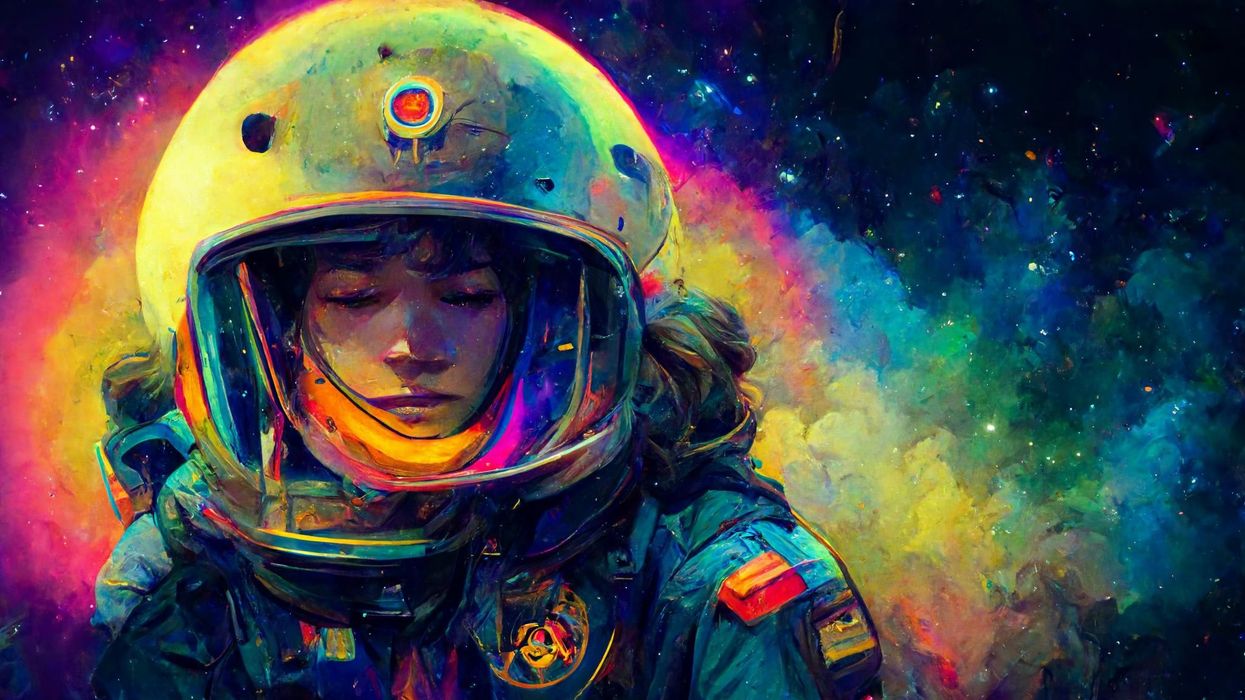






 How to Store Magic Mushrooms
How to Store Magic Mushrooms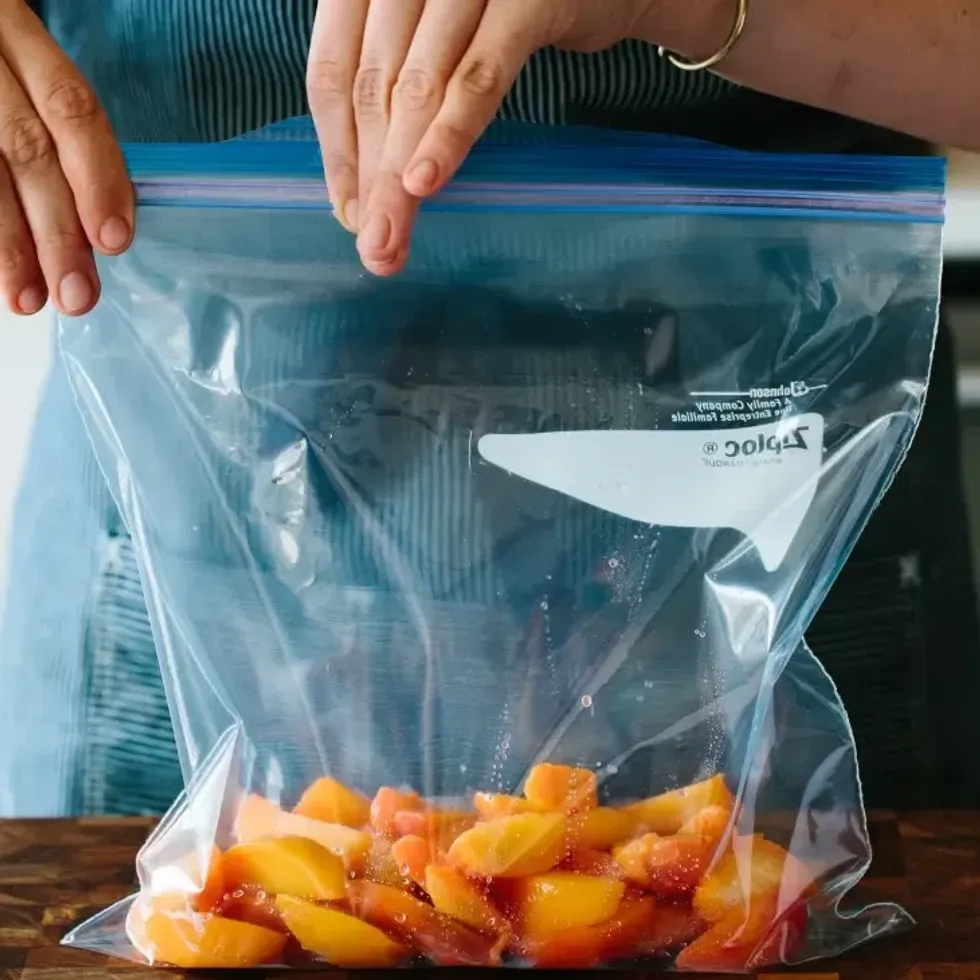 How to Store Magic Mushrooms
How to Store Magic Mushrooms How to Store Magic Mushrooms
How to Store Magic Mushrooms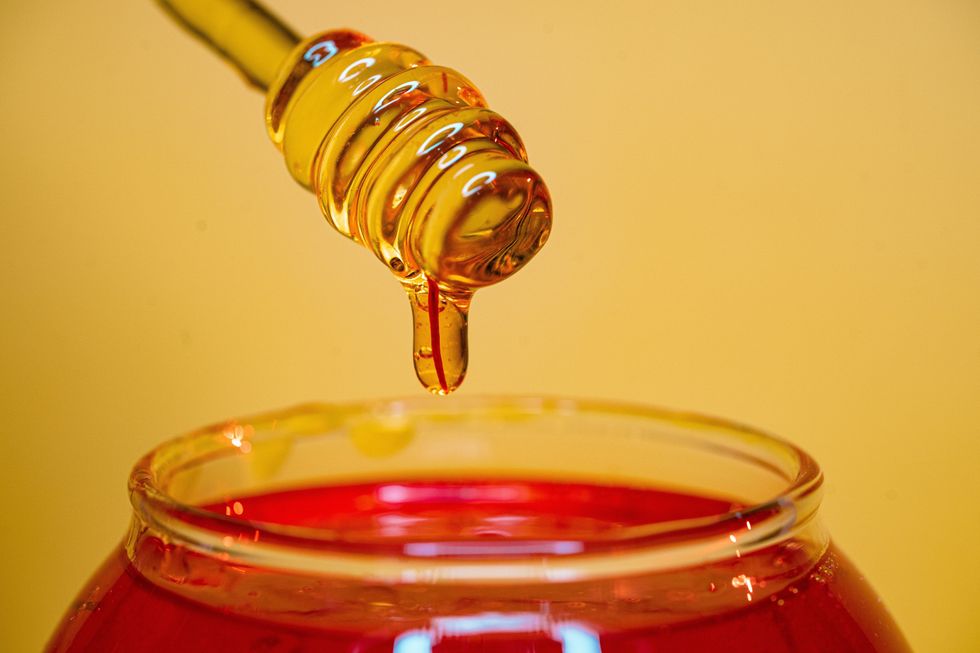 How to Store Magic Mushrooms
How to Store Magic Mushrooms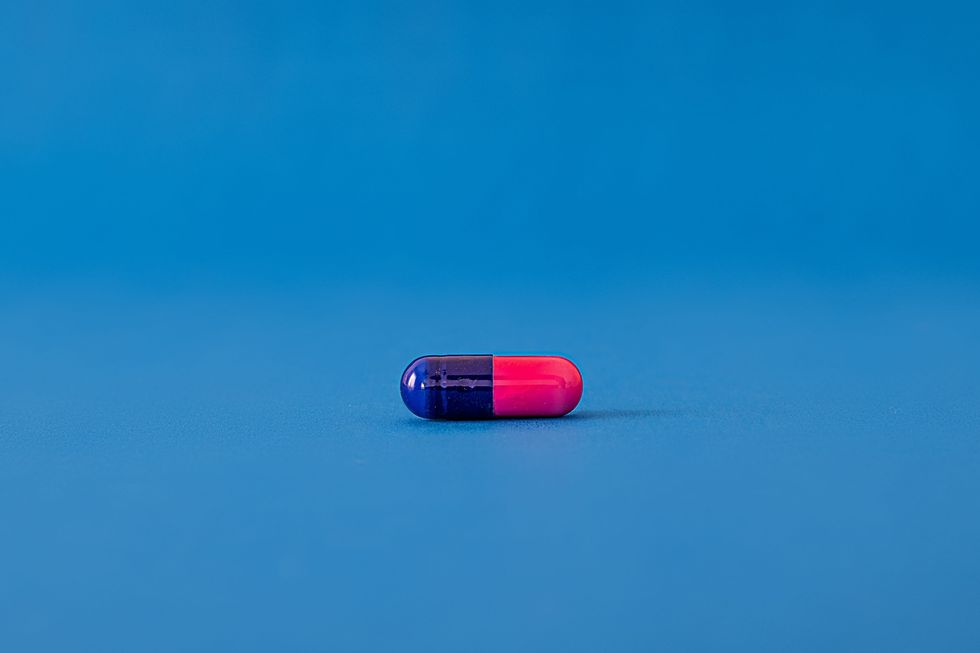 How to Store Magic Mushrooms
How to Store Magic Mushrooms









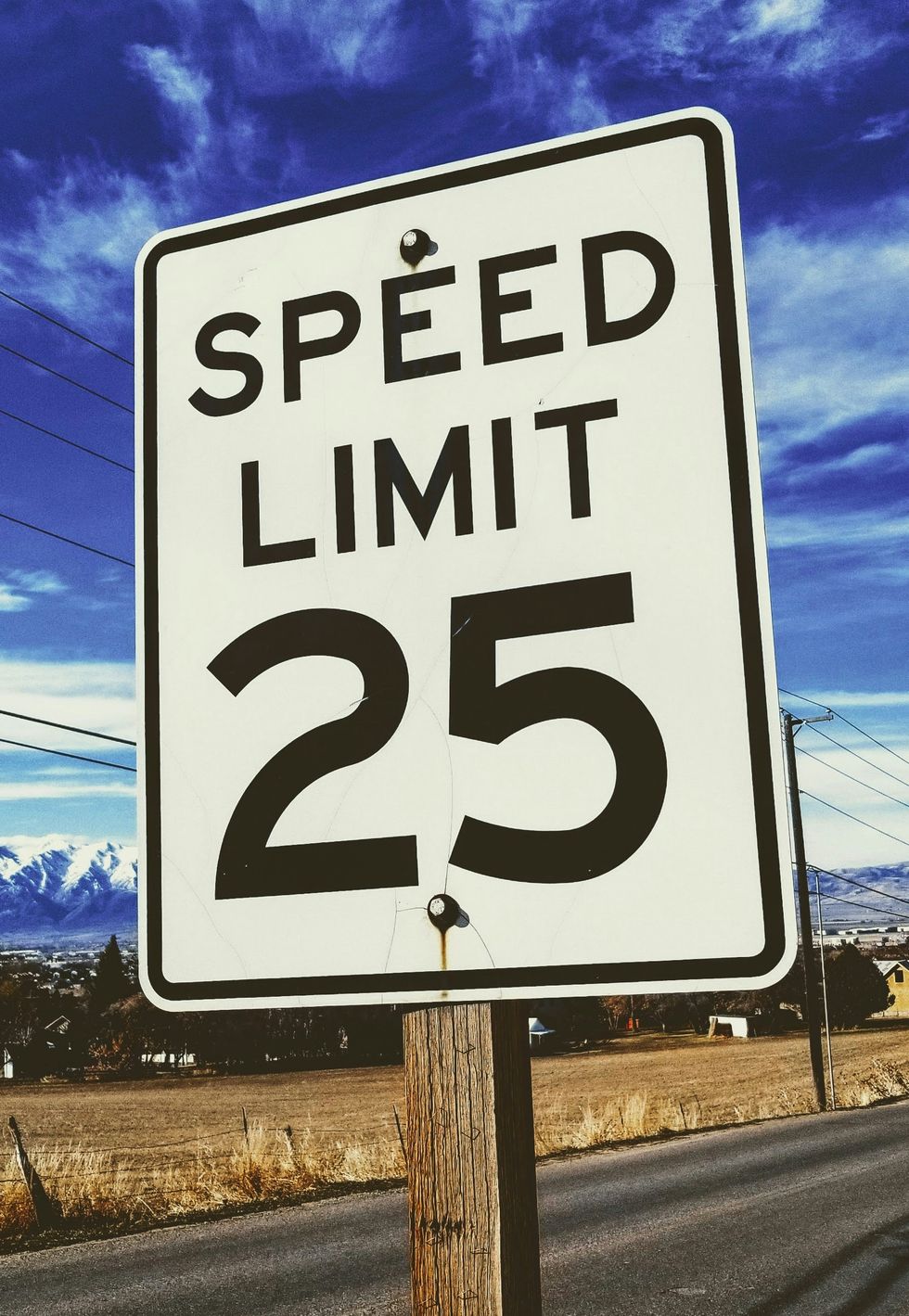
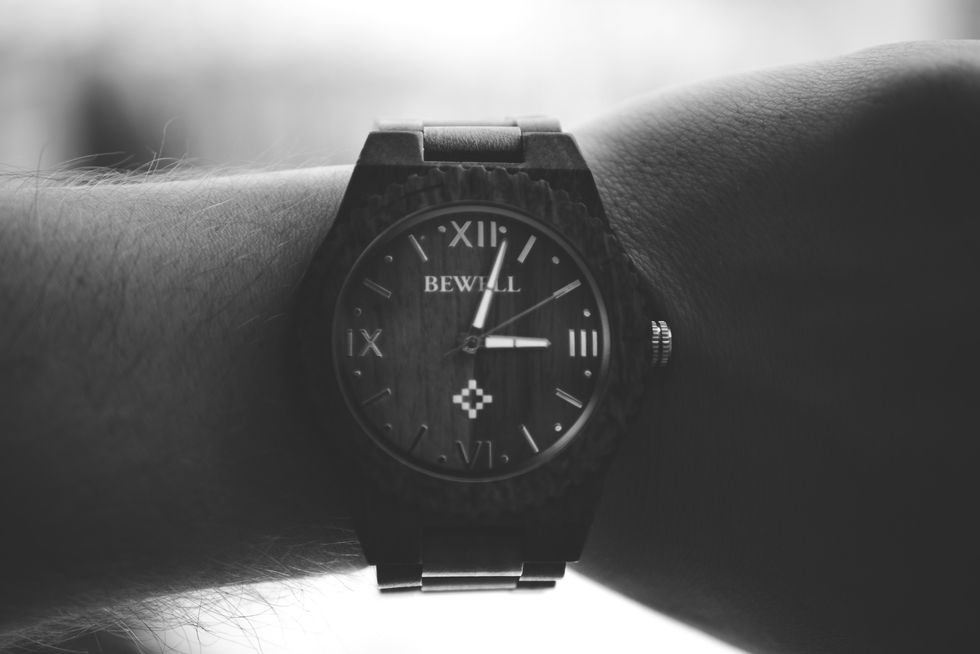

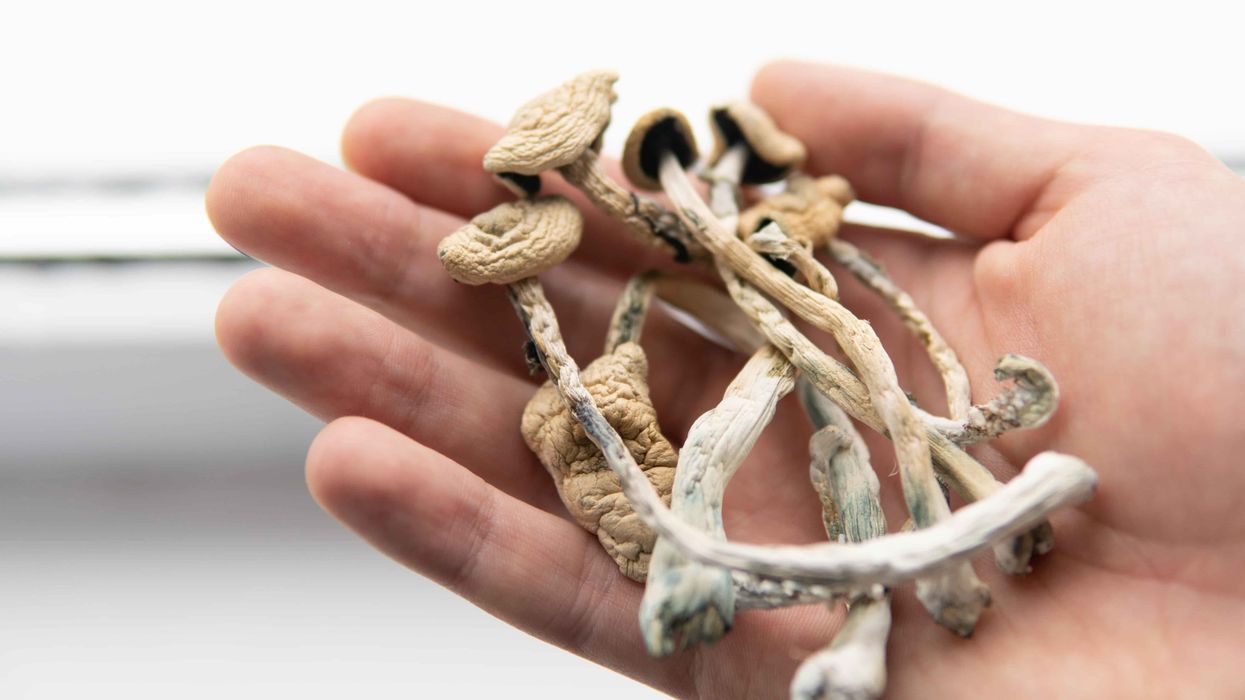

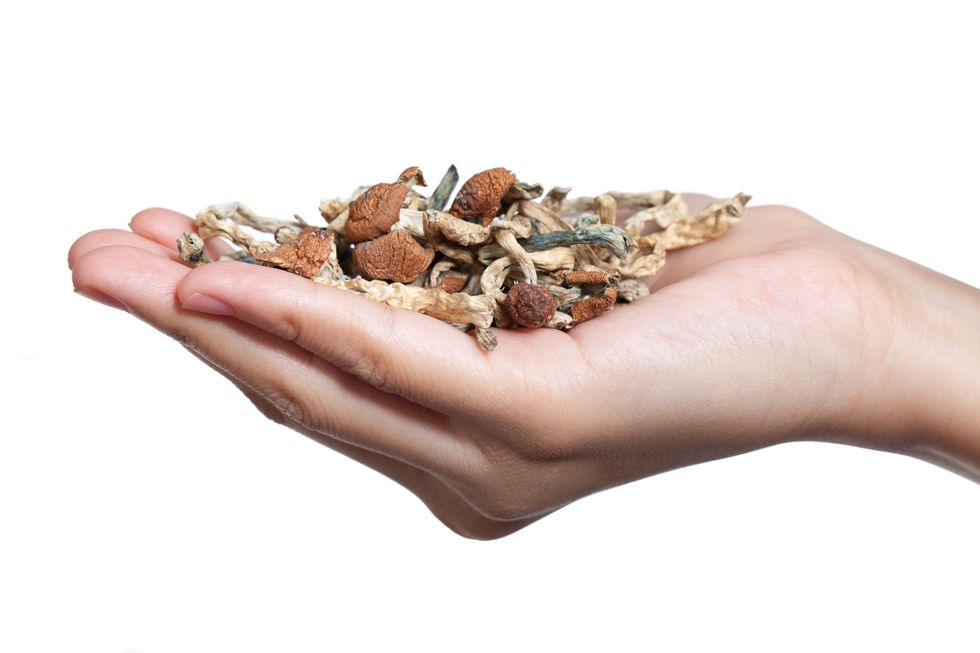 How to Make Mushroom Tea - The Bluntness
null
How to Make Mushroom Tea - The Bluntness
null
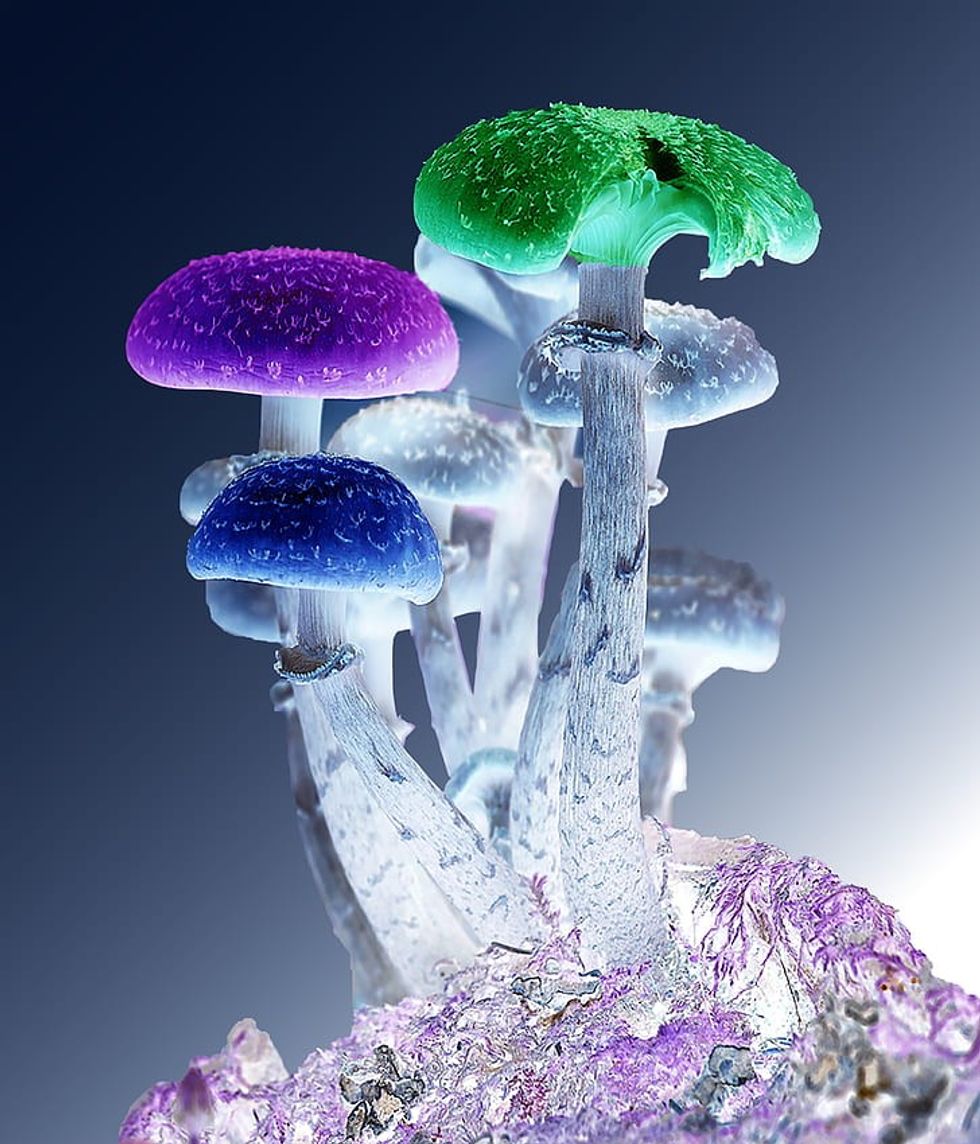 How to Make Mushroom Tea - The Bluntness
www.pickpik.com
How to Make Mushroom Tea - The Bluntness
www.pickpik.com
